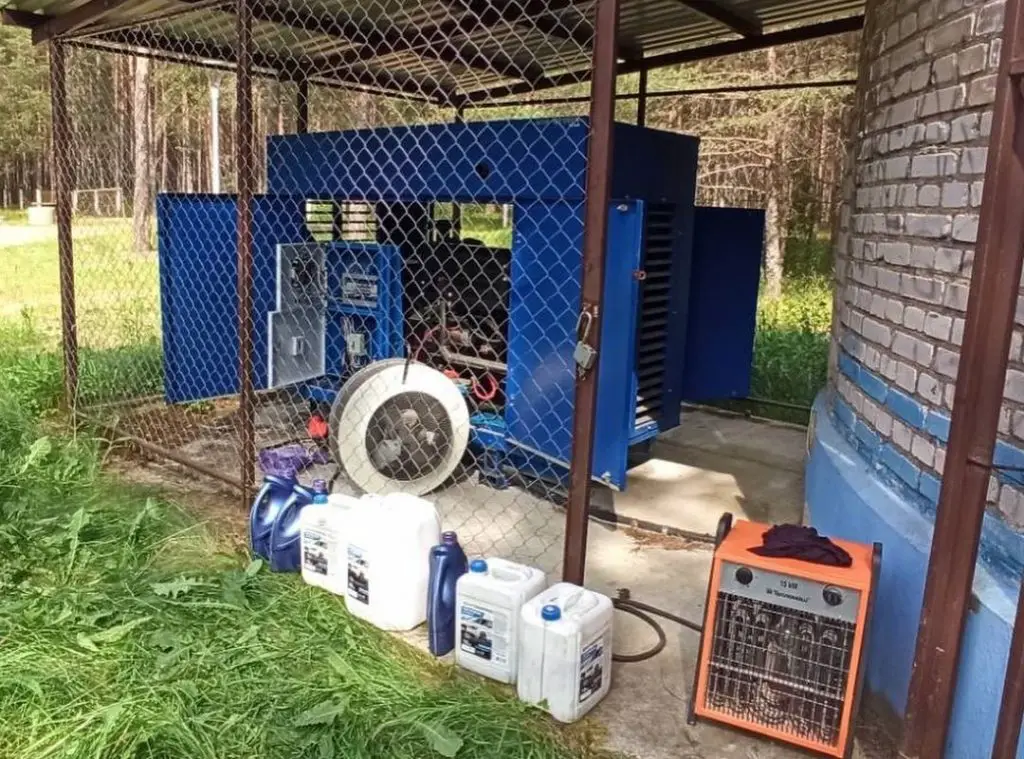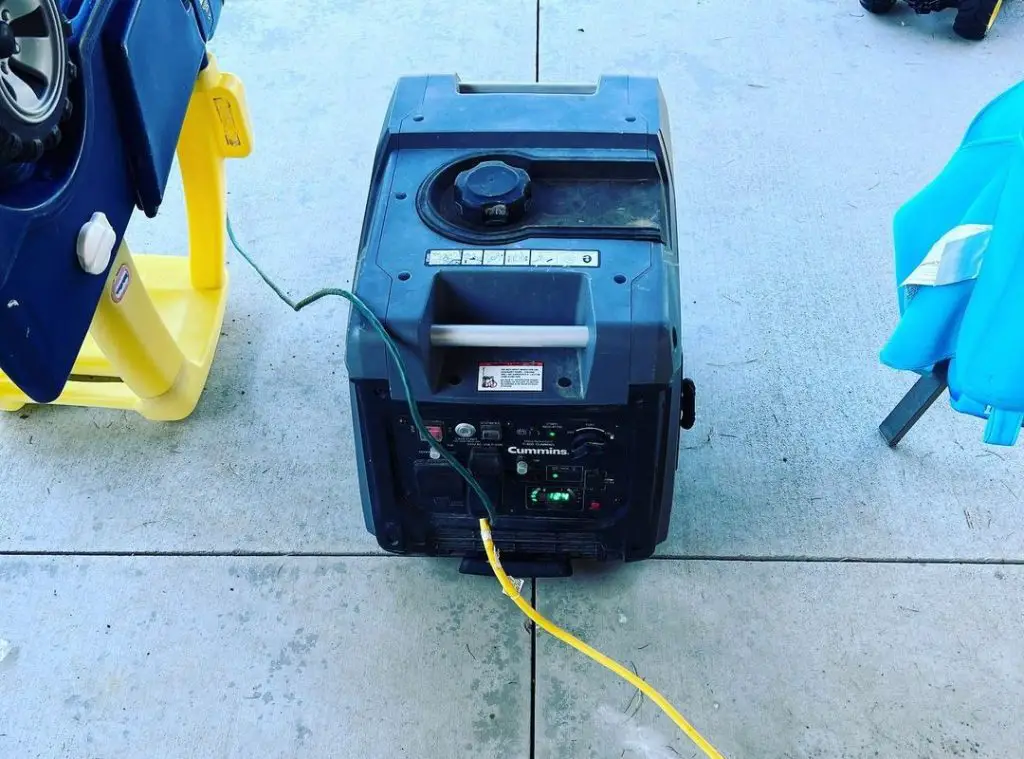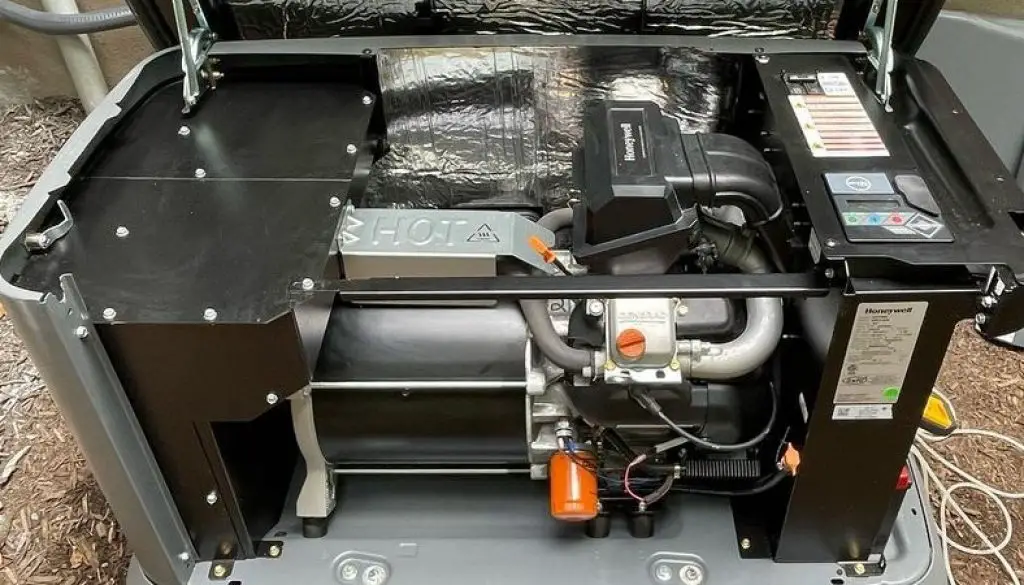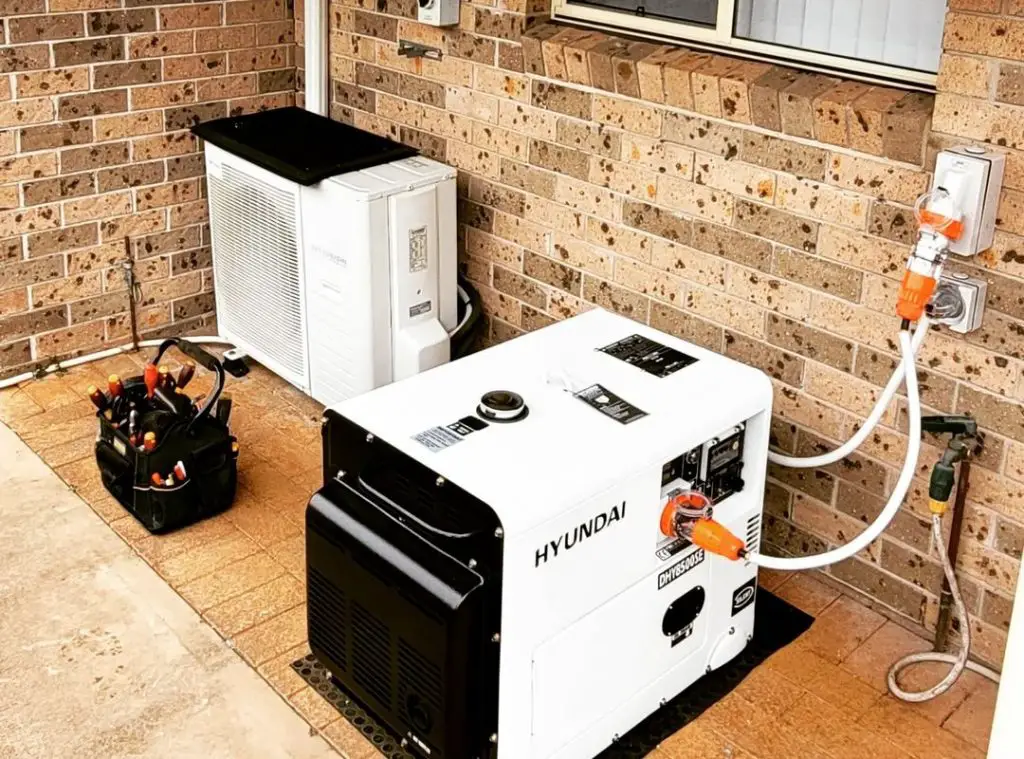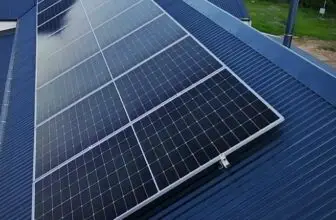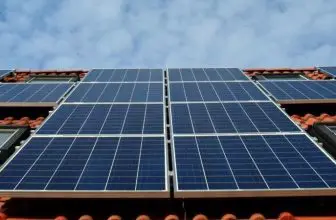
This is a very difficult question to answer. It is important to consider fuel consumption rates and costs when planning to opt for an alternative source of power.
The fuel consumption rate is an important consideration because it will directly affect the operating costs of the system. Higher fuel consumption rates will result in higher operating costs.
What Affects Generator Gas Consumption Rates?
Contents
The amount of fuel a generator consumes can be affected by a variety of factors, including:
- The size of the generator;
- The amount of power the generator is providing;
- The efficiency of the generator;
- The load on the generator;
- The type of fuel the generator is using;
- The age of the generator;
- The condition of the generator;
- The environment in which the generator is being used.
1. Generator Type
According to the produced power, generators can be classified as standby generators, portable generators, and Inverter generators.
Standby
Standby generators are backup generators that start automatically when the power goes out and provide electricity until the power is restored.
Some advantages of standby generators include providing backup power in the event of a power outage, being able to operate independently of the power grid, and being able to provide power to specific areas or buildings during a power outage. Standby generators can also be used as a primary power source in areas where the power grid is unreliable or nonexistent.
Standby generators have a number of advantages over other types of generators. They are more reliable because they are designed to be used only when needed, so they are less likely to break down.
There are several disadvantages of standby generators. First, they can be expensive to purchase and maintain, but they are worth the investment if you need a reliable source of backup power. Second, they can be noisy and produce emissions. Third, they can be difficult to operate and require regular maintenance. Finally, standby generators can pose a safety hazard if not used properly.
Portable
The portable generator is a great addition to any home or office. It is a very versatile tool that can be used for many different purposes. It can be used as a backup power source during a power outage, or it can be used as a portable power source for your home or office. It can also be used to power your car or truck in case of a breakdown.
Portable generators have many advantages over traditional generators. They are much cheaper to operate and maintain, and they can be used in a variety of applications. Portable generators are also much quieter than traditional generators, and they are less likely to cause environmental damage.
Can be easily moved from one location to another and are less likely to be damaged in a storm.
There are several disadvantages of portable generators. One disadvantage is that they are often less powerful than stationary generators. This means that they may not be able to power all of the appliances and devices in your home. Additionally, portable generators can be quite noisy, which can be disruptive to your neighbors. Finally, portable generators must be regularly maintained and refueled, which can be a hassle.
Inverter
The inverter generator is a very quiet portable generator and is ideal for camping, tailgating, and other outdoor activities. The best thing about this generator is that it is very lightweight and easily portable. It is also very quiet and will not disturb your sleep or your work.
The main advantage of an inverter generator is that it can produce clean power. This is important for sensitive electronic equipment, such as computers and TVs.
Inverter generators are also more fuel-efficient than traditional generators. They can run for longer periods of time on a single tank of gas. The main disadvantage of an inverter generators is that they are typically more expensive than traditional generators. Additionally, inverter generators are typically smaller and lighter than traditional generators, making them less suitable for powering large appliances or for use as a primary power source.
2. Fuel Type
Different fuels have different properties that can affect the performance of the generator.
Gasoline
Gasoline generators are usually portable, meaning they can be easily moved from one location to another. They typically have a small engine that runs on gasoline, and they generate electricity by converting the mechanical energy of the engine into electrical energy. Gasoline generators are typically used to power small appliances or devices, and they can be used in emergency situations when the power is out.
There are a few disadvantages of gasoline generators, such as:
- Noisy;
- Produce harmful emissions;
- Require regular maintenance;
- Expensive to operate.
Fuel consumption for gasoline generators is based on the power output of the generator. To find the fuel consumption for your generator gasoline, you need to know how much power the generator is capable of producing. You can find this information in the owner’s manual for the generator.
Fuel consumption for gasoline generators is generally between 0.5 and 0.8 gallons per hour (1.9-3.0 liters per hour). However, this can vary depending on the size of the generator and the load it is under.
How long will a 1000-watt generator run on 1 gallon of gas? If you have a 1000-watt generator and a full tank of gas, it will last somewhere between 5.6 and 8.3 hours.
How long will a 5000-watt generator run on a tank of gas? If you have a 5000-watt generator, with a 20-gallon tank, and a half-load, you should be able to run the generator for about 13 hours.
Diesel
Diesel generators have a longer lifespan than gasoline generators and can run for extended periods of time without needing to be refueled. They are also more powerful than gasoline generators, making them ideal for use in industrial and commercial settings.
Diesel generators are also very durable.
The main disadvantages of diesel generators are their initial cost, which is typically higher than gasoline generators, and the fact that they require more maintenance. Diesel generators also produce more emissions than gasoline generators, which can be a problem in some areas.
Diesel generators use between 0.4 and 0.6 gallons of diesel fuel per hour, on average. However, this number will vary based on the size and power of the generator, as well as the load that is being placed on the generator.
Generally, a diesel generator will use about 0.2 gallons of diesel per hour for every kilowatt of power it produces.
Natural gas
The main advantages of natural gas generators for homes are that they are relatively low cost, have low emissions, and are easy to operate and maintain. Gas-powered generators are usually fueled by methane, which is a clean-burning fuel.
Natural gas inverter generators are typically more expensive than their gasoline or diesel counterparts, but they offer a number of advantages.
The main disadvantages of natural gas generators are that they are not as efficient as other types of generators, and they can produce carbon monoxide emissions. Also, the main disadvantage is the high fuel consumption.
Fuel consumption for natural gas generators is a function of the power output and the overall efficiency of the generator. If a generator is operating at 70 percent efficiency and is producing 100 kilowatts of power, it will consume approximately 143 cubic feet of natural gas per hour. If the generator were operating at 100 percent efficiency, it would consume approximately 71 cubic feet of natural gas per hour.
Propane
Propane generators are a type of backup generator that runs on propane gas. Propane is a very efficient fuel, so propane generators tend to be more fuel-efficient than other types of generators. They are typically used as backup power for homes and businesses in case of a power outage.
Propane generators are typically more expensive than other types of generators, but they offer a number of advantages, including:
- Propane generators are very efficient and can run for long periods of time without needing to be refueled;
- They are much quieter than other types of generators, making them ideal for use in areas where noise pollution is a concern;
- Propane generators produce very little emissions, making them environmentally friendly;
- Propane generators are also very easy to start and operate.
Propane generators have several disadvantages. First, they are more expensive than gasoline generators. Second, they require special care and maintenance. Third, they can be dangerous if not used properly. Fuel consumption for propane generators is a bit higher than gasoline or diesel.
Propane and gasoline generators have a similar fuel consumption rate in terms of gallons used per kilowatt-hour (kWh) generated.
How much propane does a generator use? On average, propane generators consume 1 gallon of fuel per kWh.
3. Load
The load on the generator is the amount of power that the generator is able to produce.
There are three types of load on a generator:
- Constant Load: A constant load is a load that stays the same over time. Examples of constant loads include lights, computers, and refrigerators.
- Variable Load: A variable load is a load that changes over time. Examples of variable loads include air conditioners and microwaves.
- Peak Load: A peak load is a load that is higher than the average load. Peak loads typically occur during times of high demand, such as during a heat wave or a cold snap.
How Can I Reduce My Generator’s Fuel Consumption?
A typical gasoline generator will consume about 1 liter of fuel per hour when operating at a moderate load.
You can improve your generator’s fuel efficiency by doing the following:
- Use a lower octane fuel;
- Use a fuel additive;
- Adjust the carburetor;
- Keep the generator well-maintained;
- Operate the generator at the correct load.
FAQ
How much gas does a generator use in 1 hour?
When wondering how much gas a generator use per hour, it is important to consider the size of the generator and the type of fuel it uses. Small generators that use gasoline can use as little as one gallon of fuel per hour, while larger generators that use propane can use up to 20 gallons per hour.
Why is my generator using so much gas?
If your generator is using a lot of gas, it may be because the engine is not running at its most efficient speed, the generator is overloaded, or the carburetor is dirty. To reduce fuel consumption, it is recommended to carry out preventive regeneration of the motor.
Engine regeneration is the process of removing carbon deposits from the engine with the help of a special device. The regeneration process involves the use of special chemical preparation, the action of which allows removing of carbon deposits from the engine.
Can I refuel a generator while it’s running?
No, do not refuel a generator while it is running.
Generators should be shut off and cooled down before refueling to avoid the risk of fire.
Conclusion
So, we found out that the fuel consumption of the generator depends on the type of gas for the generator, the load, and the type of generator itself.
The decision about what generator to buy rests on your use of it. If you want to run a major appliance or two, you might need a larger one that runs off of gas or propane. If you just want to recharge a cell phone and a laptop, a smaller one that runs off on gasoline will work.

